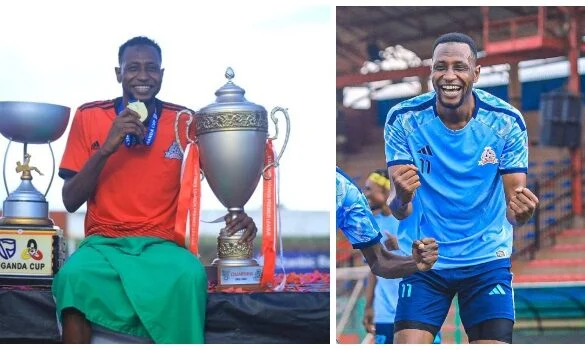In 2021, Stanislav Hulenkov joined Ukraine’s border guard seeking stability on the quiet northwestern frontier, hoping to balance a promising career in judo. Just two years later, the 22-year-old vanished on a war-torn battlefield far from home. His remains were identified 10 months later, marking him as one of hundreds of Ukrainian athletes whose lives were cut short by Russia’s full-scale invasion.
As the Summer Olympics prepare to open in Paris this week, Ukraine reflects on the athletes like Hulenkov, whose futures in sports were tragically interrupted by the ongoing conflict, now approaching its 30th month.
“He was the type of person who always had plans,” said his mother, Iryna Hulenkova, outside the gym in Lutsk where her son trained as a child. “He knew what would happen tomorrow and the day after.”
Since early 2022, at least 488 Ukrainian athletes and coaches have been killed, including about two dozen who were European or world champions, according to sports ministry spokesman Serhiy Bykov.
Weightlifter Oleksandr Pielieshenko, a fourth-place finisher at the 2016 Summer Olympics, became the latest high-profile casualty when he was killed in eastern Ukraine on May 5 at age 30. A two-time European Champion, Pielieshenko had joined the military early in the invasion, having previously fled the Luhansk region in 2014 due to the separatist insurgency.
“Sports were always his life, and he always wanted to return,” Pielieshenko’s mother told Reuters.
Despite earlier threats to boycott the Games, Kyiv will send a delegation of 140 athletes and 95 coaches to Paris, a smaller contingent compared to peacetime.
Back home, Ukrainian athletes have trained amid frequent Russian air strikes that have devastated critical infrastructure and left cities in darkness. Athletes from Russia and Belarus, which supported Moscow’s invasion, will compete as neutrals at the Games, barred from national symbols and anthems.
In response to the ongoing conflict, Ukrainian sports authorities released guidelines in May advising athletes to avoid interactions with competitors from Russia and Belarus.
‘I Can’t Leave My Brothers’
Hulenkov had been a standout judo competitor in Lutsk, near the Polish border. His achievements included a silver medal at the Ukrainian under-18 Championship in 2017 and a bronze at the 2019 Junior European Cup in Cluj-Napoca.
“He was exceptionally talented and had a unique technique,” said Vadym Chernov, a close friend and judo partner. Chernov recently dedicated his bronze medal from the European Open in Tallinn to Hulenkov, sharing a photo on Instagram with his friend’s judo name tag.
Before the war, Hulenkov was vying for a spot on Ukraine’s national team. His aspirations seemed within reach until he was assigned to patrol the Belarusian border and later sent to the eastern front. Chernov had urged him to take leave to compete in the Ukraine Cup in May 2023, but Hulenkov chose to stay with his unit. He went missing on April 19, just weeks before the tournament.
“He told me, ‘I can’t leave my brothers,’” Chernov said, noting that he now carries Hulenkov’s name tag to judo events as a reminder of his friend’s enduring presence.




